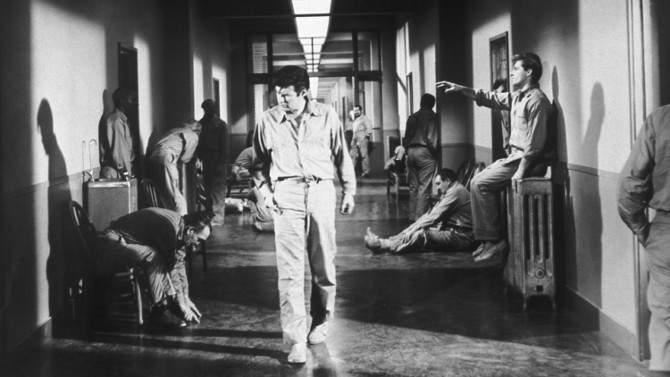
An Impossible Mission
How do you wrap up a franchise like Mission: Impossible? That is, if this even is the final installment... as they’ve made it sound (while at the same time, stars not named ‘Tom Cruise’ pipe up and suggest that might not be so). It has been twenty-nine years, with different writers and visionary directors – from twisty Brian De Palma and the action hair stylings of John Woo, to the lens flares of J.J. Abrams and animation expert Brad Bird, it was only about ten years ago that the franchise decided to opt for The Usual Suspects scribe Christopher McQuarrie for the final four. To return to that opening question once more, you could end with a Sopranos’ style cliffhanger, simply make another entertaining movie like the many before – like Everybody Loves Raymond did it with its final episode, or try to tie everything up in a neat little bow by bringing everything together as the Daniel Craig era did with James Bond. Well, it is definitely more along the lines of the latter example, with some distinct differences.
-

You’ll Fall for Niagara
NiagaraMarch 4, 2016It is rather unusual to see a film-noir made in glorious Technicolor – though this is exactly what the 1953 crime thriller Niagara is. Director Henry Hathaway swaps the moody shades of black and white for strikingly vivid colours as we watch two couples cross paths in stunning 1950's Niagara Falls, Ontario (the film was almost completely shot on location).
-
Vigilante Justice
 Gran TorinoHarry BrownMarch 1, 2016
Gran TorinoHarry BrownMarch 1, 2016I am excited to announce that a new feature has come to Filmizon.com – the ability to do a Dual/Duel movie review. I can think of no better way of putting the new set-up to the test than comparing one of the best films of 2008 – Clint Eastwood's Gran Torino, to a lesser known, but equally strong picture – 2009's Harry Brown, starring Michael Caine.
-

Bridge Over Troubled Water
Bridge of SpiesFebruary 28, 2016The Cold War was a truly unique, interesting and scary time when the whole world felt upside down – how else can you describe a worldwide conflict where tensions could not be higher yet bullets and bombs were not being fired. Paranoia, fear and propaganda ruled the day as two very different ideologies, brought forth by two powerhouse nations, fought for the hearts and minds of the world’s populace. It is in this intense setting that Steven Spielberg re-teams with Tom Hanks to make the harrowing, fish-out-of-water story Bridge of Spies.
-

Journalist Takes Shocking Journey
Shock CorridorFebruary 26, 201610 days: that was how long it took to film the 1963 B-movie Shock Corridor. Originally advertized as an exploitation picture (and it does have some of those elements), Samuel Fuller’s film about a journalist who has himself committed to solve a mysterious murder is so much more than its original label.
-

Staying Under the Radar
The Scarlet and the BlackFebruary 23, 2016It is generally believed that tv movies are pretty average fare. It is rare that a film released on the tube can transcend this preconceived notion and be considered a great movie, yet this is the case with the excellent 1983 flick The Scarlet and the Black.
-

Walkaway, Walkaway. . . “It” Will Follow
It FollowsFebruary 21, 2016It Follows is a surprisingly creative new horror picture that avoids using gore and builds its atmosphere the old-fashioned way, taking the typical sex-crazed teen motif and flipping it upside down to create a novel and interesting picture.

